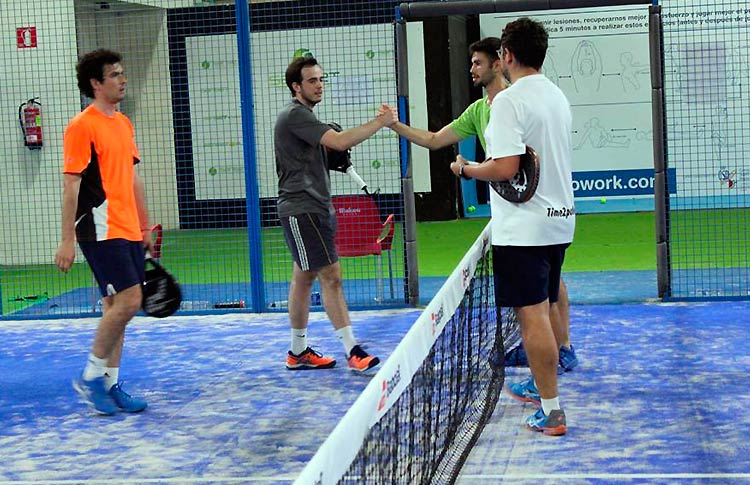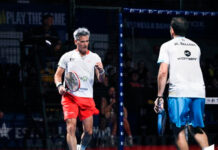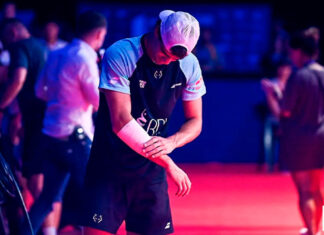Padel World Press .- After talking about the attitudes and guidelines that improve communication and 'chemistry' between padel couples, do you know what communication is like during the competition?
In the first case, it should be noted that this should be kept to a minimum to avoid disrupting the concentration. In that sense, you should train to reduce communication to critical moments, with very concise and clear messages. The best choice is to keep communication to a minimum and train it to be able to carry it out during breaks and track exchanges.
What could make communication difficult?
There are factors that have a very negative influence on the communication of the players. And those same 'factors' usually accompany, especially, the entire sports life of minor paddle players, during training and in competitions.
a) Parents: They can negatively interfere with the communication of the couple, especially in minors. Boys and girls spend a lot of time with their parents: they are the ones who take them to training sessions and tournaments, they are the ones who spend all the time with them when they are not playing, they are the support they have when they lose a match, they tend to greatly influence choosing the partner with whom they are going to play ... And they are usually an important element in communication before, during and after paddle tennis matches. In these circumstances, parents have to assume this responsibility in communicating with their children and know when they have to stay on the sidelines so that the child grows up, takes more initiatives, autonomy and responsibility in the game with their paddle partner.
b) The Expectations Created: The expectations created around the player or padel player also play a determining role in communication with their partner. It often happens that the goals and expectations created around each of the members of the pair are not shared. That is, they do not have common objectives, but rather that each one has their own expectations regarding the level to be developed, the goals to be achieved, what is expected of the partner, etc. Good planning and involvement in the process is necessary to achieve the proposed goals, turning them into common objectives.
c) The personality: It is another aspect that psychologically affects the communication of the padel couple. As in life, players have their own personality but, when playing as a couple, they have to 'adjust' or 'adapt' to their partner. They have to learn to extract the positive from each of the personalities and put them in common. It is also true that certain characters are incompatible with others, so try to work together can be a 'fight without quarter'. In these cases, it is necessary to rethink the pair and the professional work of a multidisciplinary team.
d) The distrust: Last but not least, lack of trust in your partner. If we do not trust our partner, it will be difficult for us to give the 100% of our game. We will always be 'lame', we will always lack 'something' and our efforts will diminish until we fall into apathy and lack of communication.
And remember, when you play paddle tennis ... ALWAYS HAVE FUN !!!
You can reread the first part of this article clicking on this link
Image: Time2Padel Tournaments
* You can follow all the news of the world of paddle in our profiles of Facebook y Twitter as well as subscribe to our Newsletter .













